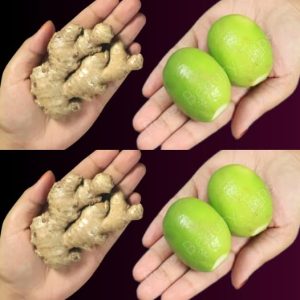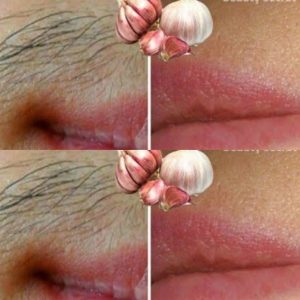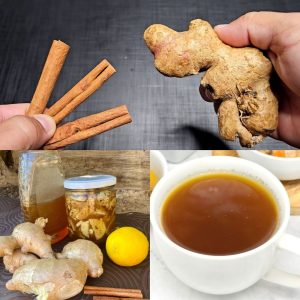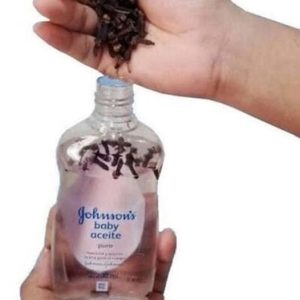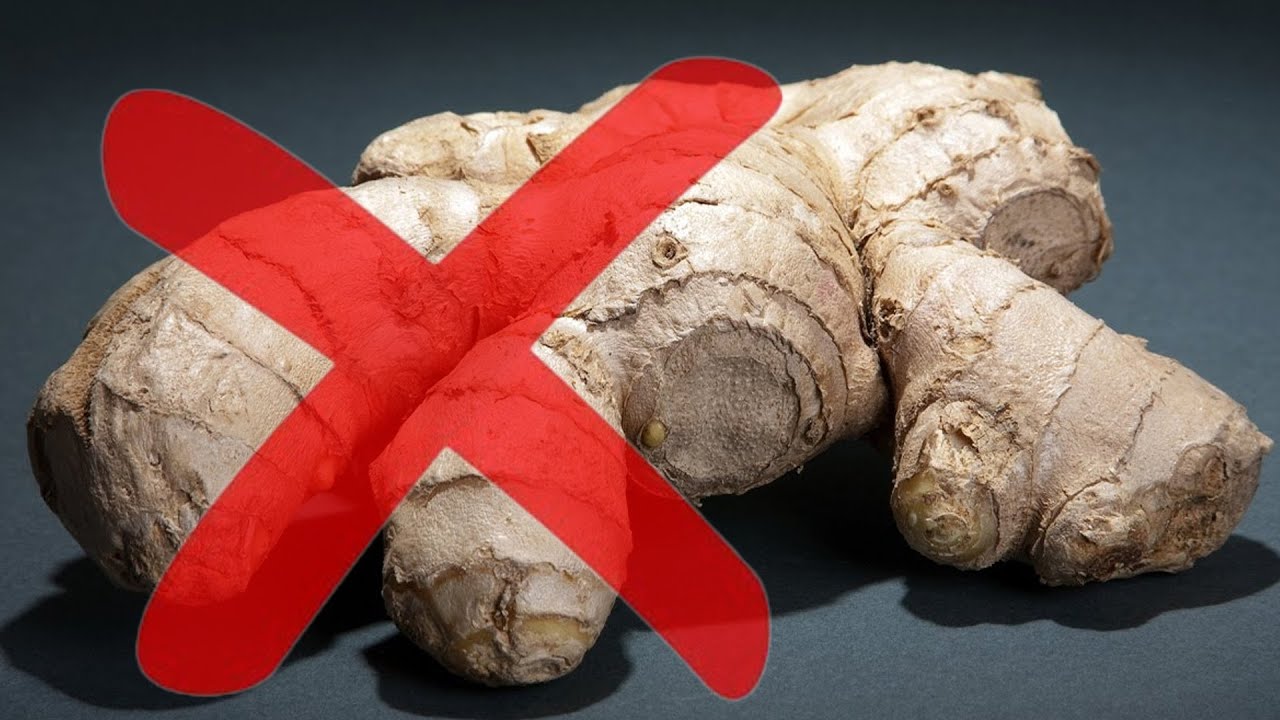
Ginger is often praised for its numerous health benefits, ranging from aiding digestion to reducing inflammation. However, like many natural remedies, ginger may not be suitable for everyone. In certain situations, consuming ginger can actually worsen health conditions or interact negatively with medications. Here are some situations where you should be cautious or avoid ginger altogether.
1. Blood Disorders
Ginger has blood-thinning properties, which can be beneficial for improving circulation. However, if you have a blood disorder such as hemophilia or are taking anticoagulant medications like warfarin, aspirin, or clopidogrel, ginger can increase the risk of bleeding. This is because ginger can amplify the effects of these medications, leading to excessive bleeding or bruising.
Avoid if:
You have a blood clotting disorder.
You are taking blood-thinning medications.
2. Gallstones
Ginger stimulates the production of bile, which helps in digesting fats. While this is generally beneficial, if you have gallstones, ginger could exacerbate the problem. The increased bile production can cause the gallstones to become more active, potentially leading to pain or even the need for surgical intervention.
Avoid if:
You have gallstones or a history of gallbladder issues.
3. Pregnancy Complications
Ginger is commonly used to alleviate morning sickness during pregnancy, but it should be consumed with caution. In high doses, ginger can increase the risk of uterine contractions, which could potentially lead to miscarriage or premature labor. It’s especially important to consult a healthcare provider before using ginger during pregnancy, particularly in the first trimester.
Avoid if:
You are pregnant and at risk for complications such as miscarriage or preterm labor.
4. Gastrointestinal Disorders
While ginger is often used to soothe an upset stomach, it can actually irritate the digestive system in people with certain gastrointestinal disorders. Conditions like acid reflux, peptic ulcers, or irritable bowel syndrome (IBS) can be worsened by ginger’s spicy nature. The increased stomach acid and irritation can lead to discomfort and exacerbate symptoms.
Avoid if:
You have acid reflux, ulcers, or IBS.
5. Low Blood Pressure
Ginger can lower blood pressure, which is usually a good thing for those with hypertension. However, if you already have low blood pressure (hypotension), consuming ginger can lead to dangerously low levels, resulting in dizziness, fainting, or even shock. People who are on blood pressure-lowering medications should also be cautious, as ginger could enhance the effects of these medications.
Avoid if:
You have low blood pressure or are taking medications for hypertension.
6. Certain Medications
Ginger can interact with a variety of medications, either reducing their effectiveness or increasing the risk of side effects. In addition to blood thinners and blood pressure medications, ginger may interact with diabetes medications, heart medications, and others. If you’re on any prescription medications, it’s important to consult with your healthcare provider before adding ginger to your diet.
Avoid if:
You are taking medications that could interact with ginger.
While ginger is a powerful and beneficial root for many, it’s important to recognize that it’s not suitable for everyone. If you have any of the above conditions or are taking specific medications, it’s best to consult with a healthcare provider before using ginger. Being mindful of these precautions can help you avoid potential complications and ensure that you’re making the best choices for your health.
